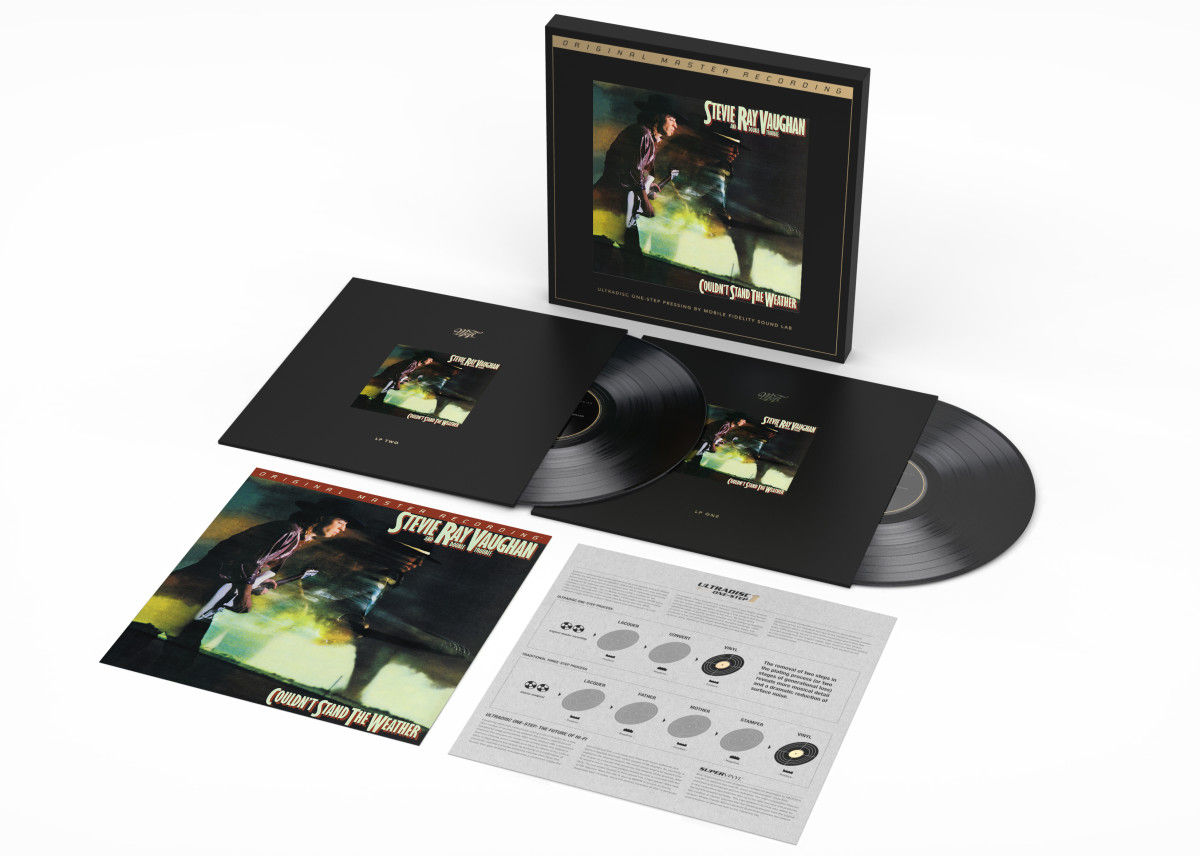By: Emily Hur
On July 14, Mike Esposito claimed that Mobile Fidelity, or MoFi, Records lied about their authenticity. He said that the company falsely advertised digital recordings as analog reissues, or physical disks that translate grooves into sound. This created a scandal within the audio community.
MoFi Records mostly caters to audiophiles, people who value high quality recordings directly from the original tape. Their consumers pay hefty prices for CDs or vinyl records to avoid any digitalized recordings since many believe that digitalizing a file distorts the sound quality and ruins the music.
“Not that you can’t make good records with digital, but it just isn’t as natural as when you use the original tape,” said Bernie Grundman, an engineer who helped produce Michael Jackson’s “Thriller” and Dr. Dre’s “The Chronic.”
Esposito is the owner of ‘In’ Groove, a small records store in Phoenix. When he challenged MoFi Records, a popular and trusted brand, it started an uproar. Several people in the audio community and multiple big-name brands defended MoFi Records. They either criticized Esposito or confirmed MoFi’s production process.
Shane Buettner, the owner of Intervention Records, a competitor of MoFi Records, remembers talking to one of MoFi’s engineers. He stated, “I know their process and it’s legit.”
After John Wood, MoFi’s executive vice president of product development, watched Esposito’s video, he invited him to their headquarters for a tour. As he walked around, Esposito met several MoFi engineers that agreed with his claims. On July 20, Esposito uploaded another video with the engineers’ confession.
The news spread like wildfire, but MoFi Records mostly kept quiet until last week. They updated their website with new information and talked to the Washington Post. Syd Schwartz, MoFi’s chief marketing officer, apologized to the public.
“Mobile Fidelity makes great records, the best-sounding records that you can buy,” he said. “There had been choices made over the years and choices in marketing that have led to confusion and anger and a lot of questions, and there were narratives that had been propagating for a while that were untrue or false or myths. We were wrong not to have addressed this sooner.”
The company says that they began using Direct Stream Digital technology, or DSD, in 2011. Eventually, all their recordings included some DSD, but Wood claims that they incorporated it not out of convenience but to improve the records.
While many are furious about the deception, others are surprised they failed to hear the difference. Audiophiles despise digital records because some data is cut when it is transferred to tiny MP3s. However, advanced technology makes them almost identical to analog tapes.
“These people who claim they have golden ears and can hear the difference between analog and digital, well, it turns out you couldn’t,” Randy Brain, a music enthusiast, said.











